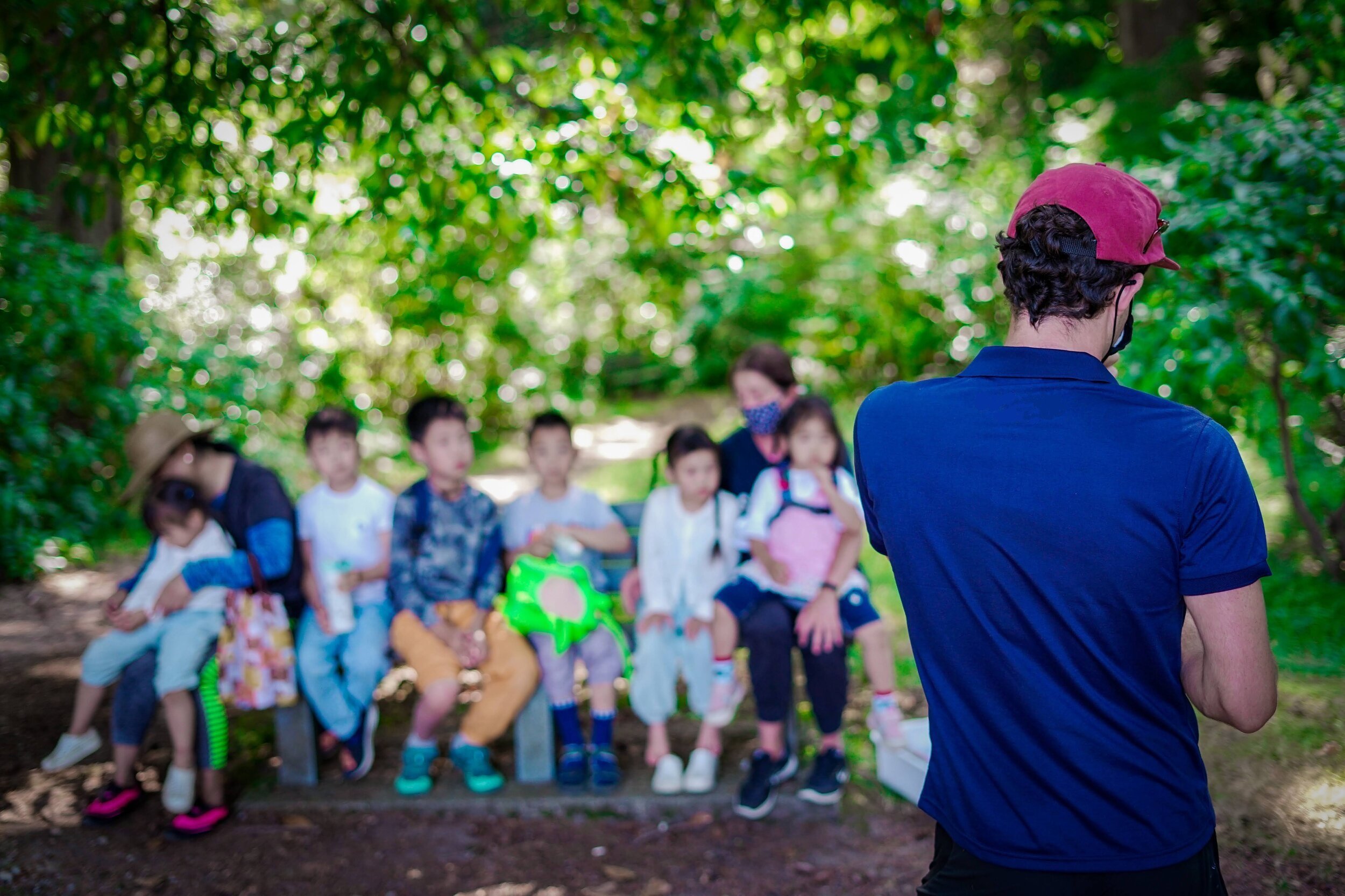
Outdoor Learning
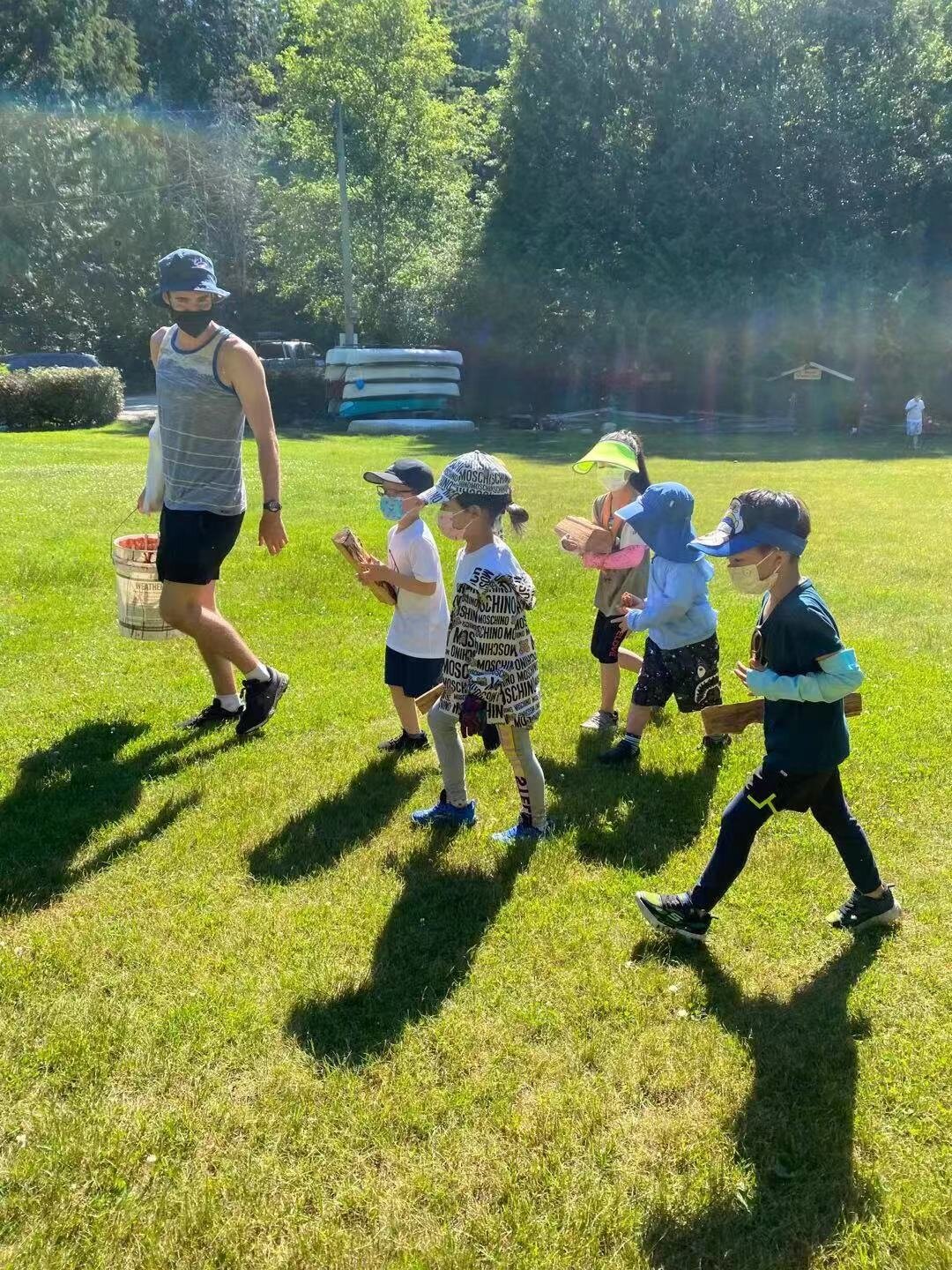
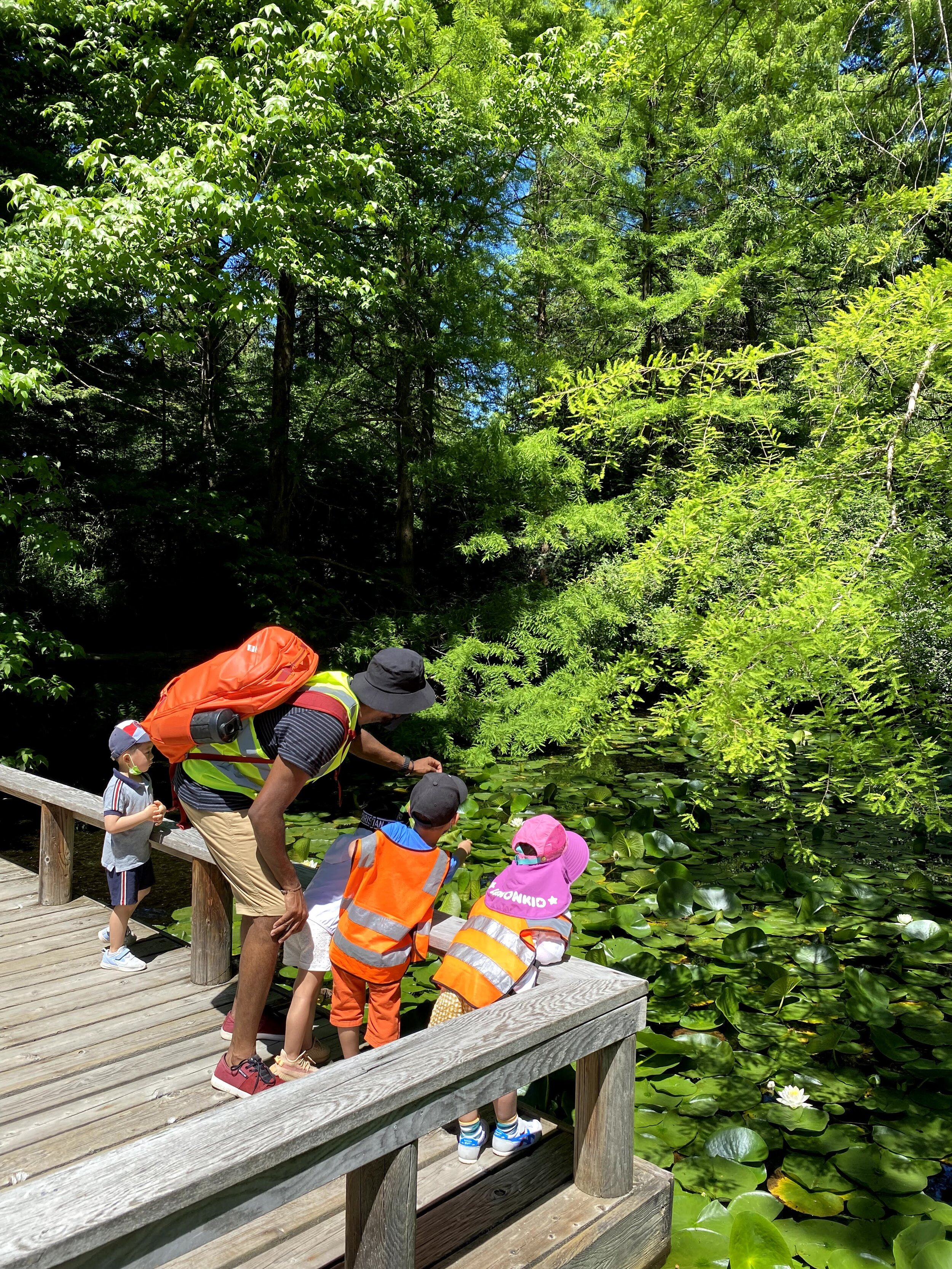

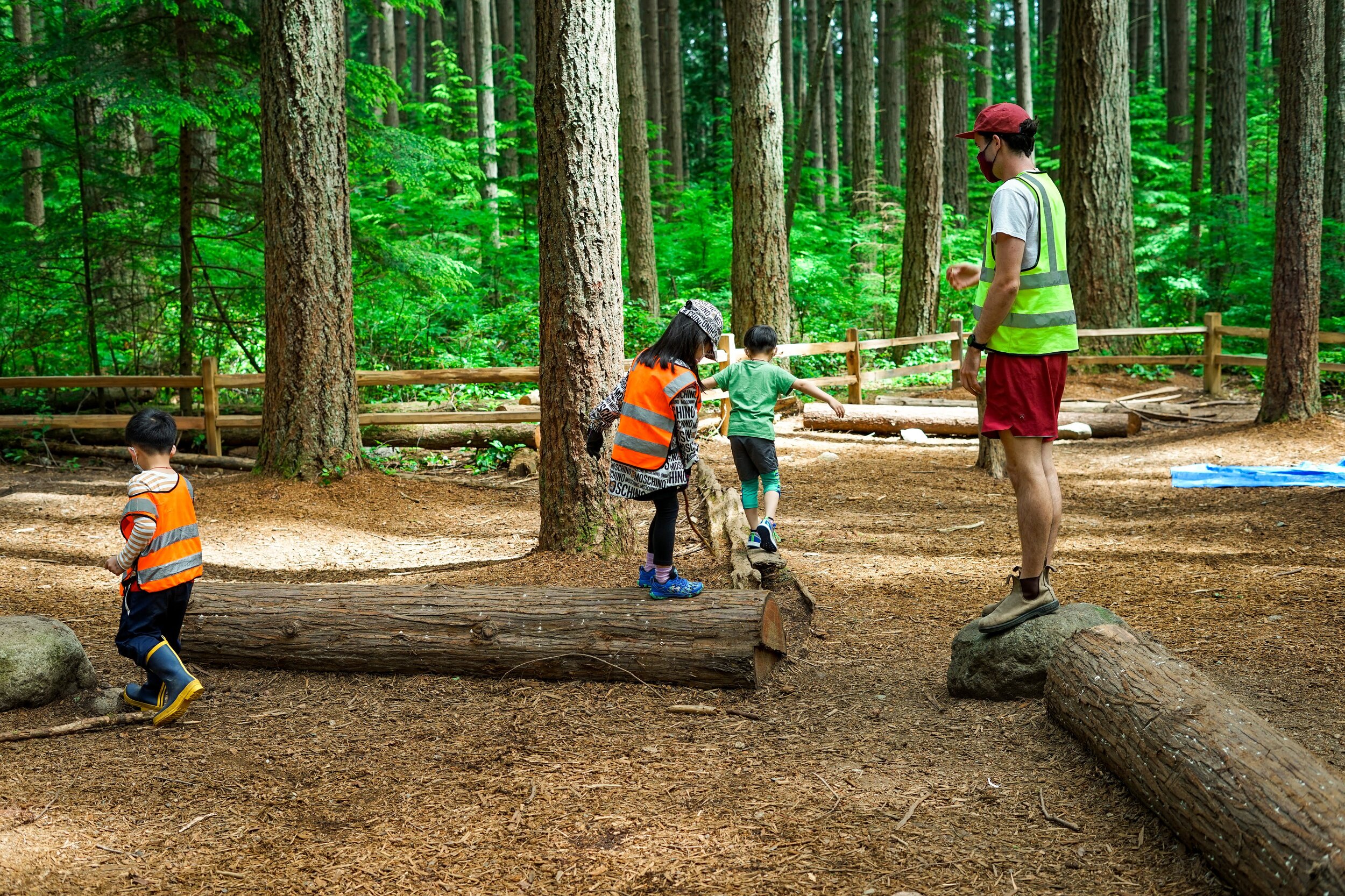
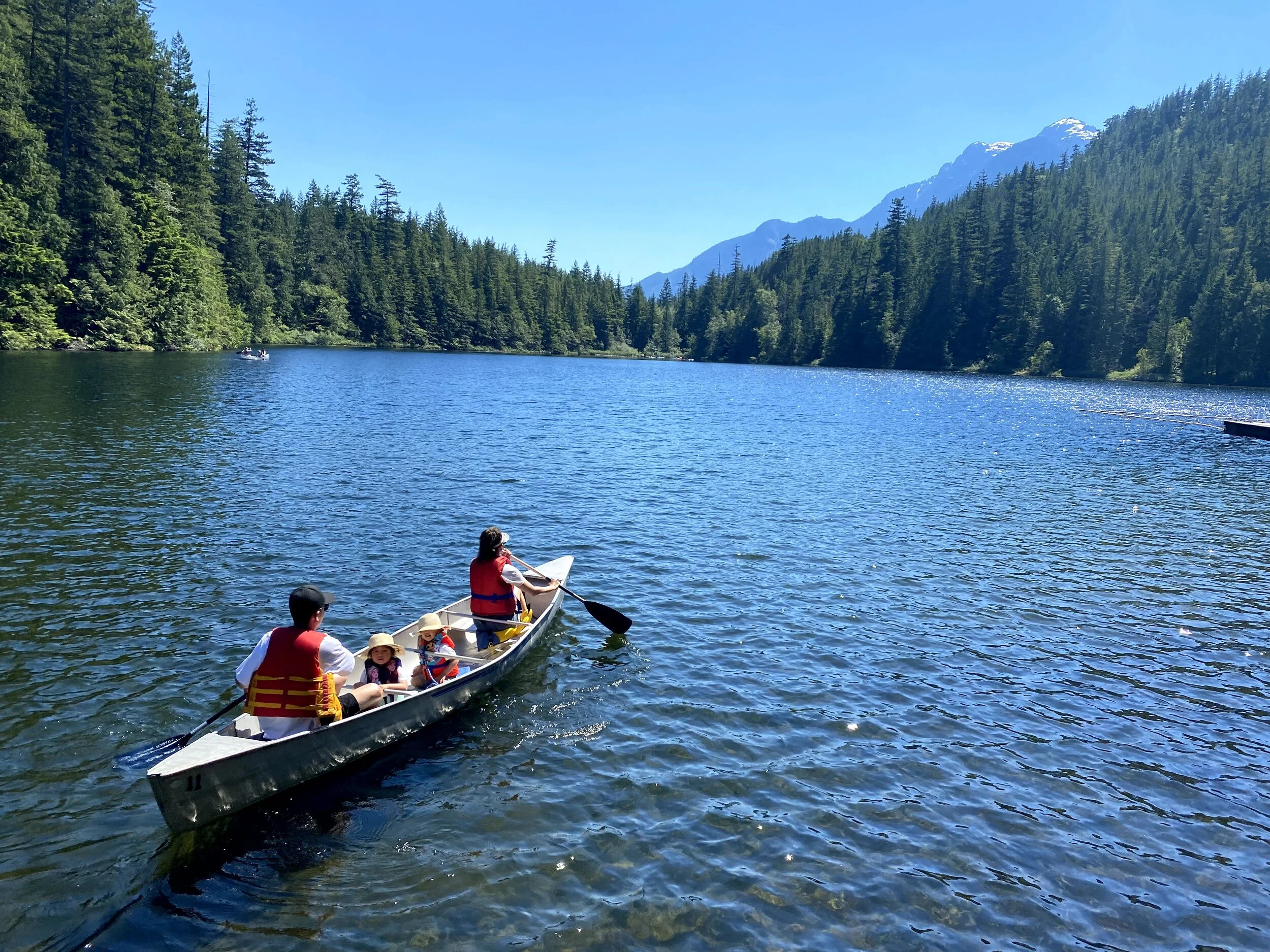
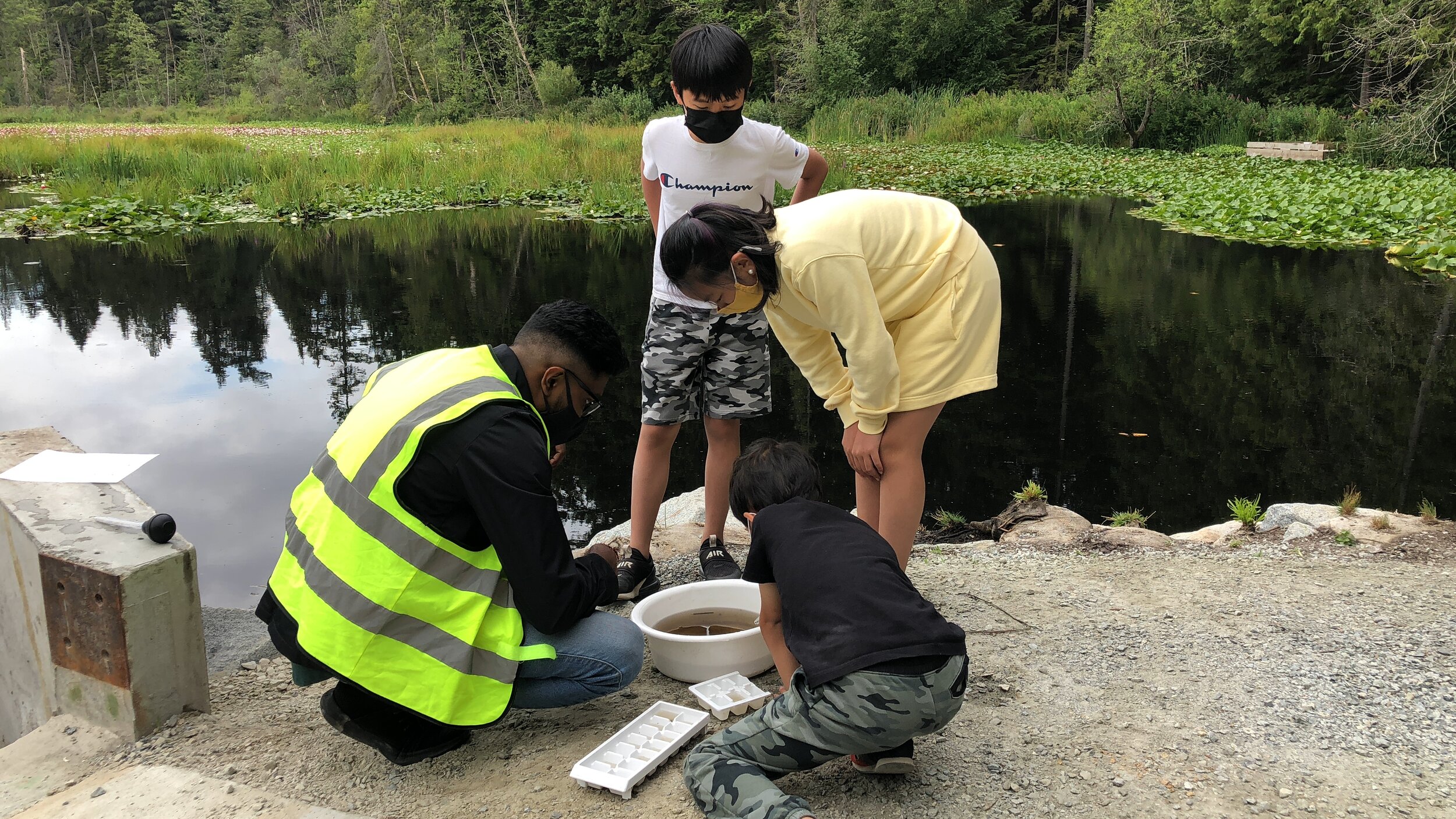
Why Outdoor Learning
Outdoor education is an emerging concept in comparison to traditional learning environments, but we have the research going back decades that shows how important it is for children to engage in hands-on and outdoor education programs. Not all kids learn in the same ways, and by allowing children to experience the outdoors and apply the things they see in nature to the principles of science, math, engineering, technology, and arts, it cements that learning and allows for a deeper understanding of concepts. Studies show that “outcomes for physical, emotional and spiritual wellbeing are enhanced when spending more time outdoors in nature” (Cottrell). We all know that it’s important for kids to get outside and play, but there is also extensive data to support hands-on learning in an outdoor environment.
Compass Outdoor Education
Our outdoor learning programs teach students to evaluate their environment, be curious, ask questions, and work together to find creative solutions.
In the 21st century, developing a globalized perspective is imperative for learning and teaching. Global thinking, the interconnectedness of all humans and nature, and the impacts of our actions – big and small – are concepts we approach through hands-on learning, dialogue and listening, self-reflection and engaged action.
Students learn about biology and nature and develop life skills through structured activities such as storytelling, presenting, analyzing nature, building structures, and conducting field experiments. Our outdoor learning programs are aligned with the 21st-century approach to developing lifelong learners who are adaptable critical thinkers and creative problem solvers.
Experiential learning in the outdoors allows students to develop core competencies in teamwork, collaboration, communication, and critical thinking, and enables them to become individuals who are curious, engaged, and personally, socially, and environmentally aware.




